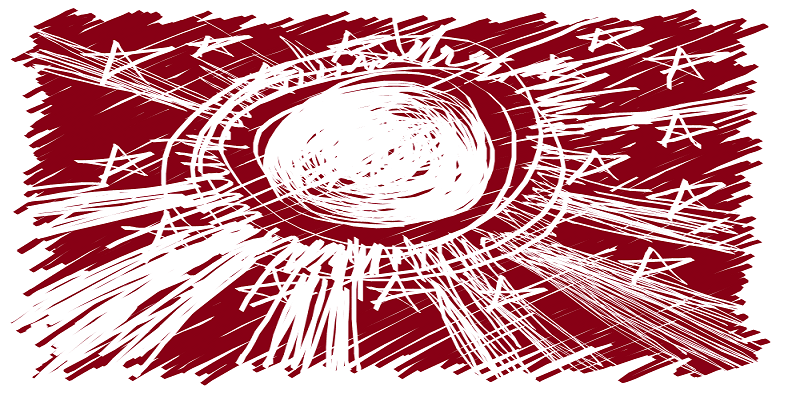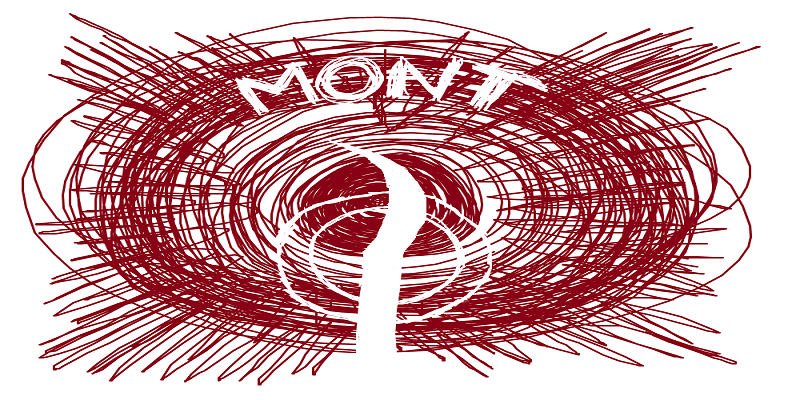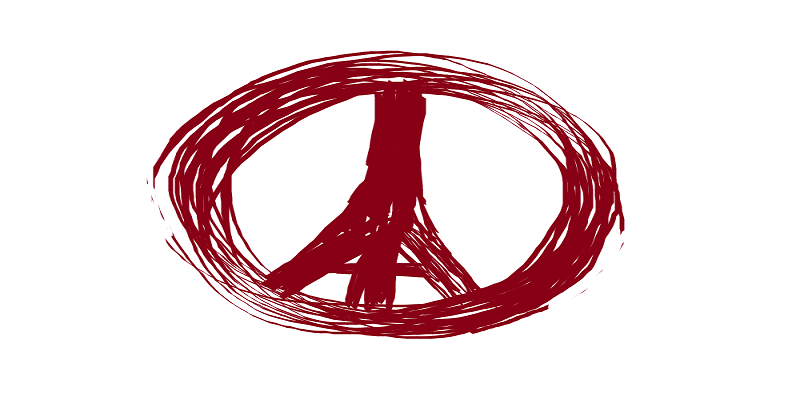Much that was once expensive is cheap. Much that was once priced is now free. It’s already a reasonable prediction in futurist circles that everything will someday be free, recognised as a common heritage of humanity.
This is often seen as Utopian reasoning, but it is already the basis on which information is already published and shared today. The advent of online publishing has meant that subscription fees and costly services delivering information to your door are obsolete.
Many physical prizes in the world are also increasingly easy to come by. The total computing once only available to a the most powerful states can now be held in a person’s pocket. As I argued in an article at Beliefnet, it is when technology works to increase sharing in the world and move us away from the selfish system of private property and violence that technology can be described as a good, even sacred object.
One theory holds that resource abundance is being gradually reached with technology. Already there is a vast surplus in the ability to supply the world’s food. There is absolutely no inherent need for millions to be starving in poverty-stricken regions of the world. They starve because it is more profitable for corporations to let them starve, than to dole out the costs of preserving and transporting the world’s food surplus to them. A profit-driven system will create scarcity, thirst and hunger even in the midst of abundance, because profit-driven means it depends necessarily on killing people by denying them what they need to live.
I, like many others, have maintained an interest in Jacque Fresco’s work, The Venus Project (TVP), having written an op-ed for their magazine at one time. It is not the project itself but the philosophy to which it belongs, that I wanted to be the object of praise when I relate to it. The Venus Project calls for the world’s resources to be declared a common heritage of humanity, doing away with models of scarcity perpetuated with monetary economics.
The vision of a world of universal sharing by recognising the common heritage of humanity means people will no longer be assessed by the value they have as economic units in artificial states. Instead, they will be protected for their inherent value as human beings. No matter what has been said of the immediate economic viability of such a philosophy, in its eventual effects it will be a source of good.
Political systems are trapped in an obsolete paradigm that keeps everyone on a treadmill. Proposing an end to the degrading evaluation of people as economic contributors rather than human beings is no different than arguing for abolishing slavery, but sometimes it will feel like we’re arguing that case from the arenas in ancient Rome.
It is already economically feasible to abolish currency (a major call from The Venus Project), or to provide a universal basic income, but the political and financial elites won’t allow that. Authorities who spent their lives training for this system will make no secret of their hostility to someone who wants to abolish it, for the plain and simple reason that it would put them out of a position of privilege and apparent usefulness.
Not all is futile for that sort of brand of futurist activism, however. The facts on the ground are getting increasingly friendly to a big shift in how societies are governed, and the shift is being brought about by rapid pace of technology itself rather than its enthusiasts and futurologians. Let’s hope the shift is towards sharing the world’s resources as a common heritage of humanity, undoing all divisions of the emaciated and the endowed once and for all.



